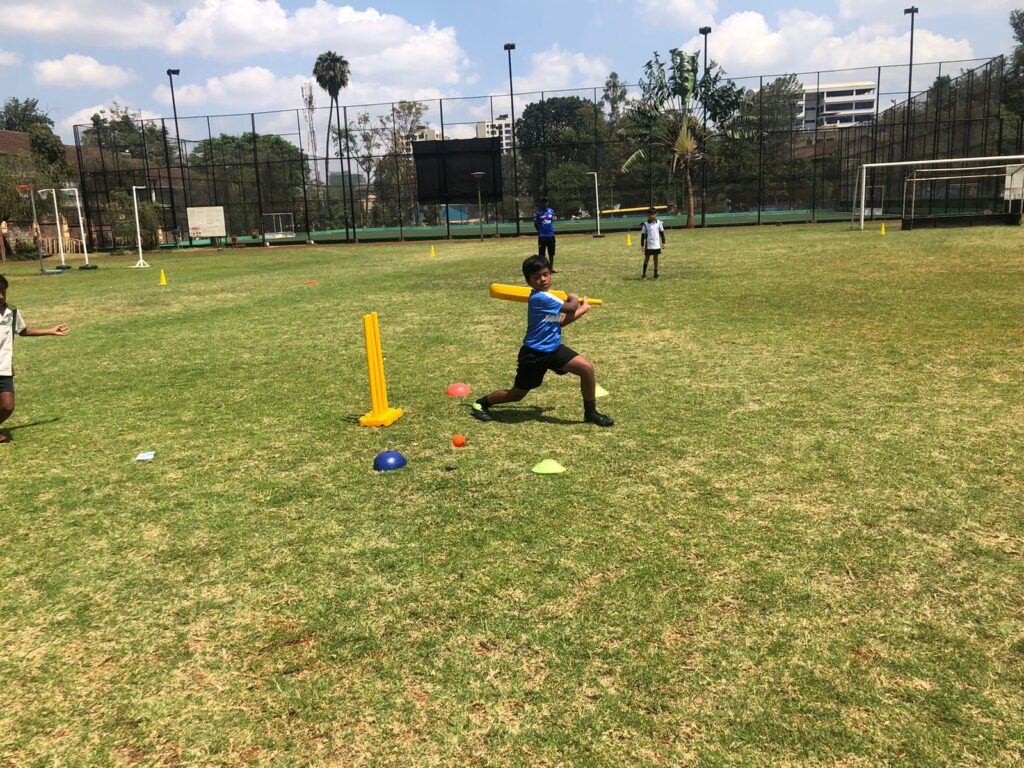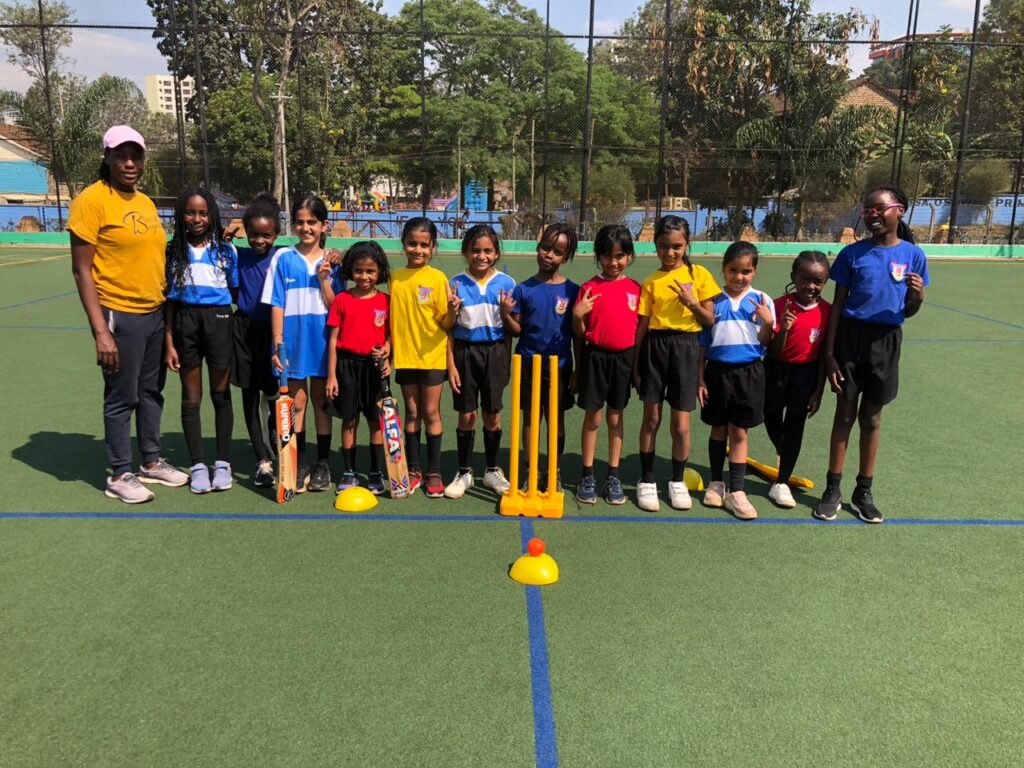Sports play a significant role in the development of children, contributing to their physical, mental, and social well-being. Engaging in sports from a young age fosters physical fitness, enhances mental well-being, and cultivates essential life skills.
One of the most evident advantages of sports is the improvement of physical health. Regular participation in sports helps children develop strong muscles and bones, improves cardiovascular health, and maintains a healthy weight. These physical benefits are crucial in preventing childhood obesity, a growing concern in many parts of the world. Moreover, children who engage in sports are more likely to establish lifelong habits of physical activity, promoting overall health and longevity.
Sports also play a pivotal role in enhancing mental and emotional well-being. Physical activity triggers the release of endorphins, which are natural mood lifters. This can help reduce symptoms of anxiety and depression, leading to a more positive outlook on life. Additionally, sports provide a constructive outlet for energy and stress, allowing children to channel their emotions in a healthy manner. The sense of achievement and self-esteem gained from mastering a sport or contributing to a team can significantly boost a child’s confidence and resilience.
Participating in sports teaches children valuable social skills and the importance of teamwork. Team sports, in particular require children to communicate effectively, collaborate with others, and work towards a common goal. These experiences can help children develop empathy, respect for others, and the ability to resolve conflicts amicably. Furthermore, sports can foster a sense of belonging and camaraderie, as children form friendships with their teammates and learn the value of cooperation and mutual support.
Engaging in sports instills discipline and time management skills. Training for and participating in sports requires commitment, perseverance, and the ability to balance various responsibilities. Children learn to prioritize their time, manage their schedules, and set achievable goals. These skills are not only beneficial in sports but also translate to academic performance and other areas of life.
In conclusion, sports are a vital component of children’s development, offering a myriad of physical, mental, and social benefits. By promoting physical fitness, enhancing mental well-being, and teaching essential life skills, sports contribute to the holistic growth of children. Encouraging children to participate in sports from a young age lays the foundation for a healthy, active, and fulfilling life.




